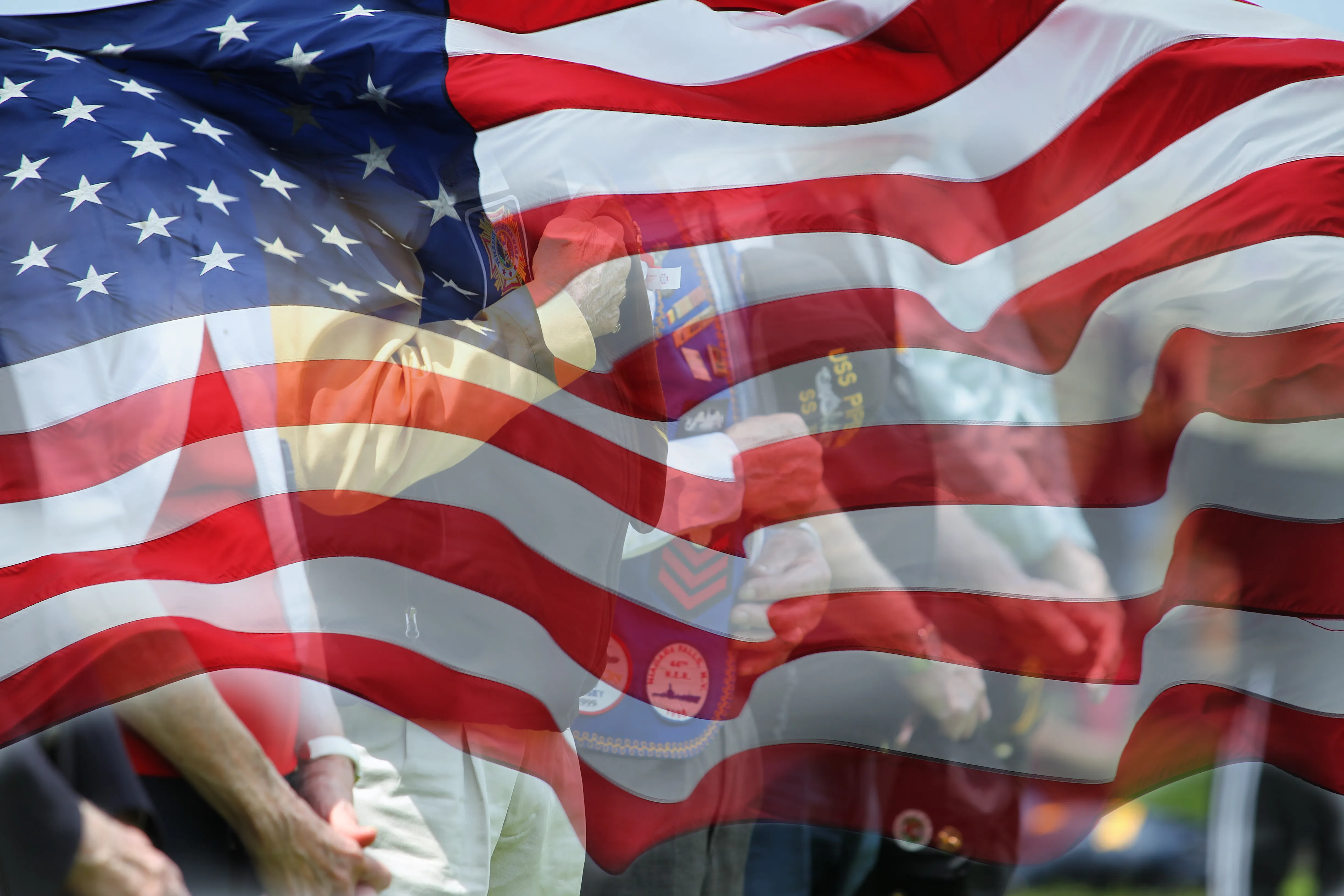
Numerous reasons why people delay end-of-life planning
(New York News Connection) August is National Make-A-Will Month, which experts say is an opportune time for people to begin end-of-life planning.
According to a 2021 Gallup poll, only around 46 percent of Americans have a will, and most of those are age 50 and older. Even fewer have what's known as a "living will," which includes medical-care preferences if they're unable to speak for themselves.
It can be easy to put off, because people assume it's too expensive or might be too complicated, said Sam Young, director of legacy and planned giving for the nonprofit
Compassion & Choices. But he said another big reason is that it's tough to come to terms with the fact that they won't live forever.
"It's really hard to have a conversation with someone about their mortality or their death, and COVID has really made us more aware of this," he said. "It's not just being terminally ill or old - it's unfortunately, any of us can have a situation where we have to face that mortality."
Young said some people assume their last wishes will be left to their families to decide, or they don't have a lot of assets and figure they won't need a will. He said both are myths, and only a written will can be used to determine how a person's possessions will be distributed.
There are numerous ways to go about making a will. The most common is consulting an attorney. Compassion & Choices partners with Free Will, which Young described as a no-cost website that's easy to use, to create a document that then must be witnessed and notarized. But no matter how the will is developed, Young said he just wants to make sure people have one. He said he feels end-of-life planning is a necessity for everyone.
"It's really an opportunity to create a comfort for you and your family," he said, "that your memory and your legacy, and the things that are important to you during your life, are in place at the time of your passing."
He added that Compassion & Choices also provides online guides for dementia directives, power of attorney and other end-of-life-related services.















